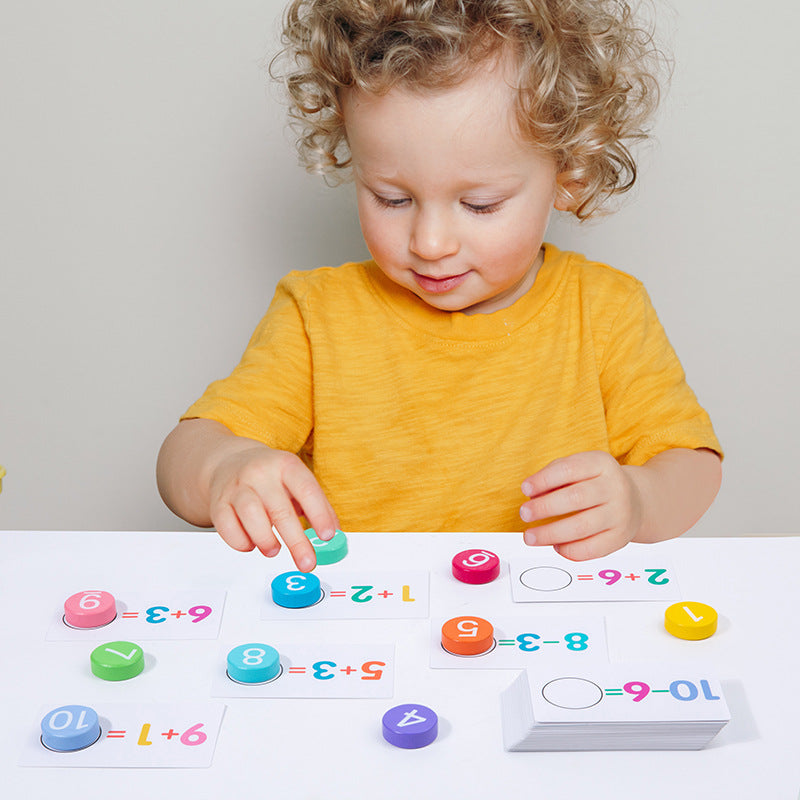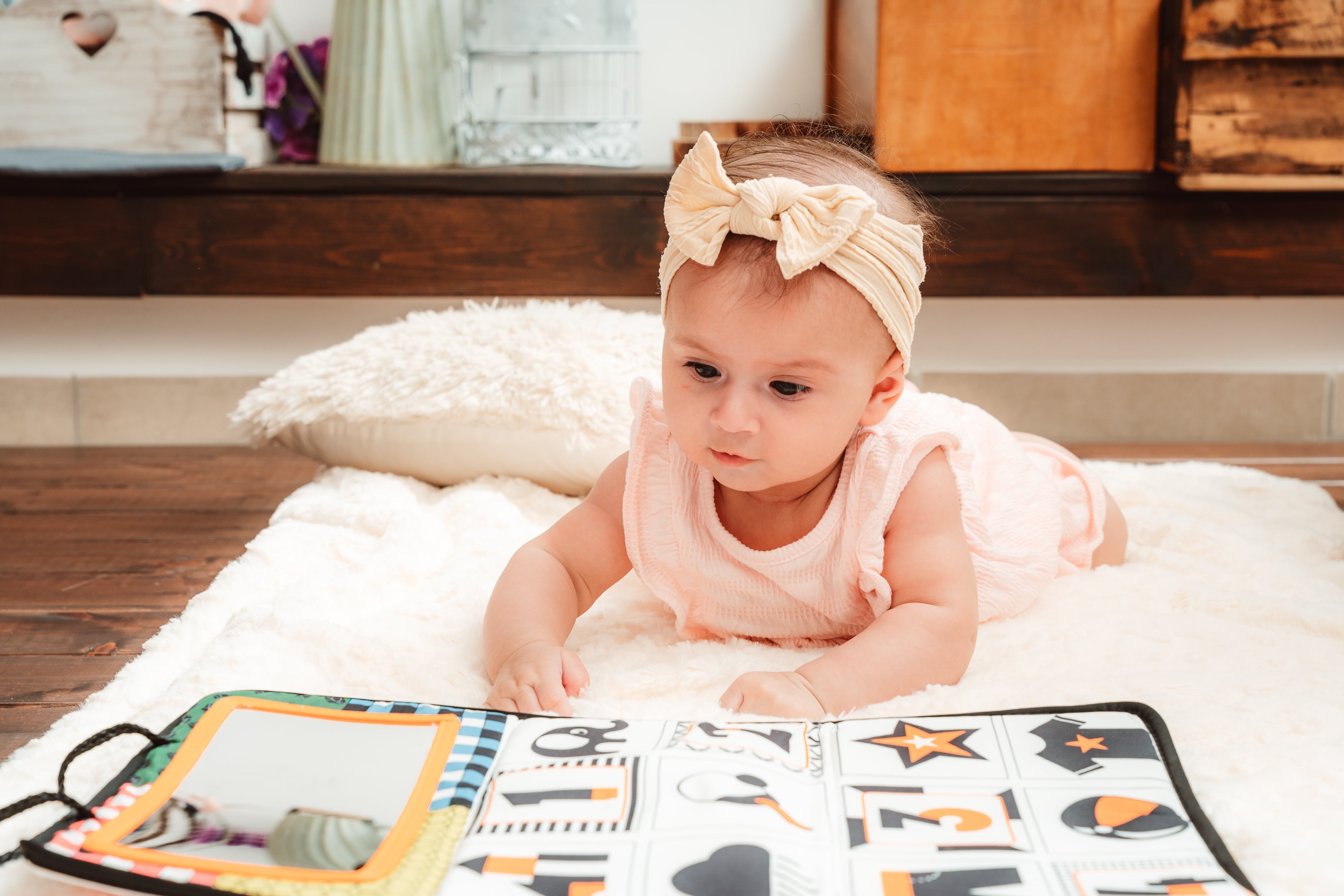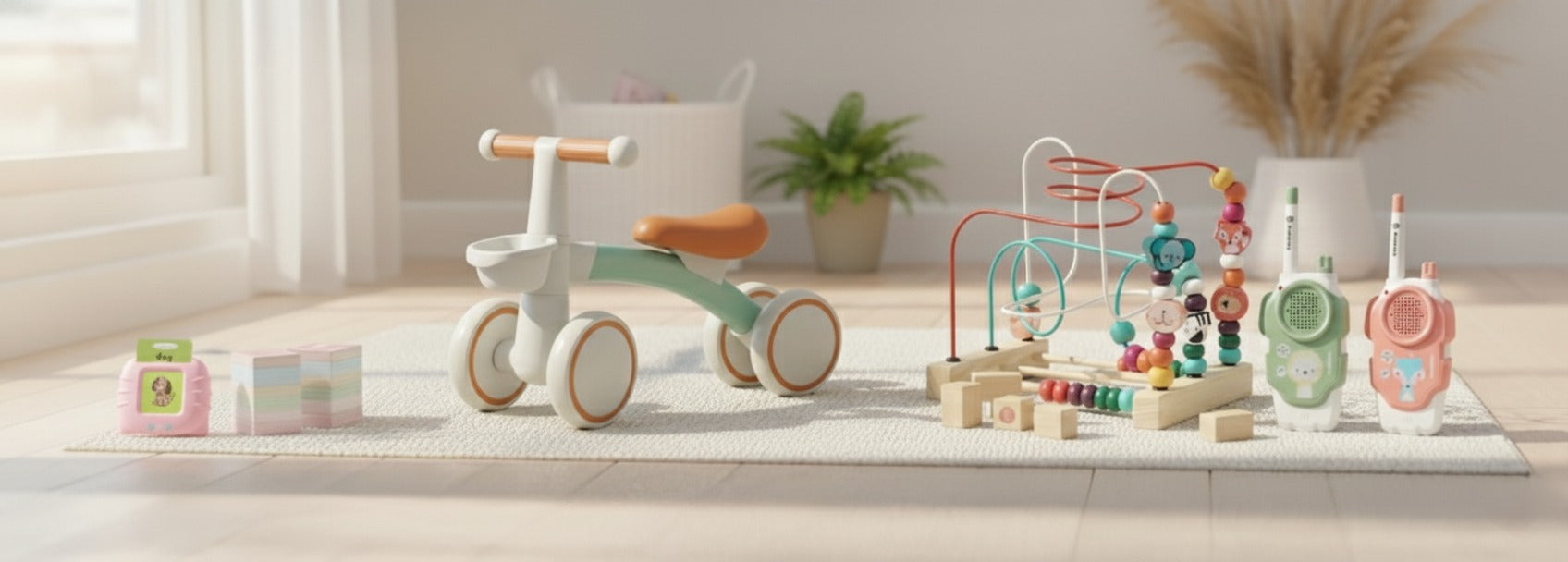The other day, my three-year old crawled into the kitchen, barking like a dog. Close behind him was his five-year old brother, commanding him to “come here, puppy!”
To an adult, this just looks like two little boys playing a game. To a child, this is their imagination at work.
Play is the work of a child. It’s how they gain language, practice social skills, and develop empathy. It is through play that children discover the world.
What is imaginative play?
Around age two, children begin to use their imagination to pretend to be someone or something else. This behavior is evidence of a child beginning to see things from others’ perspectives. Kids learn what others do or say, and then they pretend to be that person or thing.
Imaginative play is open-ended, there is no goal in mind. It is a safe place for a child to act out a certain scenario that they may not otherwise be able to experience. For example, a 4-year-old may use their imagination and pretend to be a pirate sailing a ship on the ocean. Or a 6-year-old may pretend to be a superhero catching “bad guys.”
When a child uses their imagination, there are no rules and there are no boundaries. Their imagination allows them to experience things in the way that they want to.
Imaginative play is a normal and natural part of a child’s development. It is healthy and should be encouraged by parents and caregivers.
Toys can also allow for open-ended play. When a child can use a toy or learning material in the way that they want to and when the play item can be used continuously, without a clear goal in mind, it can help to spark your child’s imagination.
Our Rotating Rattle Ball Grasping is the perfect tool for little hands that are developing motor skills and exploring the world through tastes and textures. Ideal for teething babies looking for relief, or for older children who need sensory input, this item is the perfect choice.
The Montessori Magic Copy Book is not only a great way for your older child to practice handwriting, but it will spark your child’s curiosity with its disappearing ink. This open-ended item allows your child to continue play for as long as they are interested.
How imaginative play affects your child’s social/emotional development.
When engaging in imaginative play with their peers, a child will develop social skills. They may work with other children to come up with a pretend scenario, assign roles, and practice turn-taking.
Children can develop problem-solving skills when practicing imaginative play with their peers. When only one child can be the superhero, but both children want this role, children can learn that they need to take turns and possibly experience unpleasant feelings for the imaginative play to continue.
As children play together, they begin to see different perspectives. They work together to choose roles, and compromise when creating a shared imaginative world. This allows children to gain understanding of how others also have thoughts and feelings.
When a child engages in imaginative play, they can explore emotions. Whether they’re pretending to be an angry monster or an excited child on their birthday, they learn to control their emotions more effectively by remaining “in character” for the purpose of play. This extends into their ability to regulate emotions in everyday life.
How can a parent encourage imaginative play?
Providing your child with props, such as fairy wands, superhero masks or a pirate hat can spark imagination and encourage your child to play. You can even hand your child any household item and watch their imagination run wild! A cardboard box can become a spaceship, or a table and some blankets can become a bear cave. It’s incredible what imaginative minds can come up with!
Joining in on your child’s play can be a wonderful bonding experience. Your child will love inviting you into their world and having you join in with what they’re doing. While playing together, you can help your child practice turn-taking, develop conversational skills and understand how to collaborate and share ideas when engaging in shared imaginative play.




